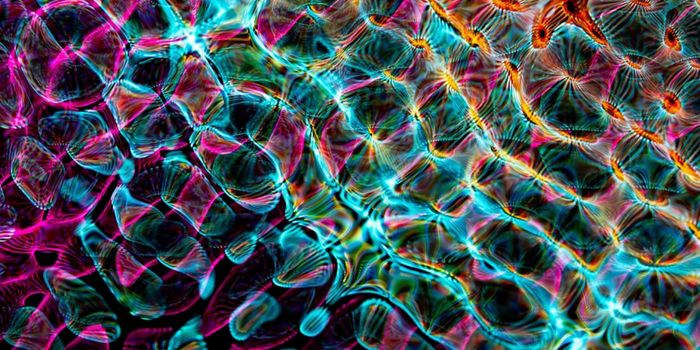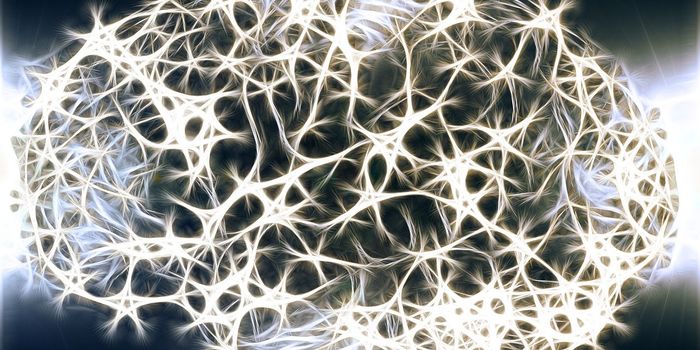Ketogenic Diet Has Anti-Tumor Effects
What is up with the ketogenic diet? Individuals struggling with their size and health have utilized it successfully to lose large amounts of weight in relatively short spans of time. The ketogenic diet (KD) is a high-fat, low-carbohydrate, moderate-protein method of eating to utilize the body’s ability to use fat for energy, rather than using consumed glucose in multiple forms including carbohydrates. The body enters a state of ketosis whereby body fat is burned for cellular energy and produces ketones. After learning more about this eating method, researchers began to look at the biochemical mechanisms of this ketogenic process in the body; the impact on cells is very positive. Healthy cells can produce ATP via oxidative phosphorylation instead of via glycolysis. Cancerous cells, on the other hand, cannot generate energy without the glycolytic pathway and thus, do not produce the energy needed to survive in the KD environment. The Warburg effect outlines the biochemical phenomenon where cancer cells use glycolysis to produce energy rather than alternative methods of ATP production. It is postulated that the Warburg Effect supports the biosynthetic requirements of uncontrolled proliferation, according to Liberti and Locasale (Trends Biochem Sci, 2016). Cancerous cells have also been shown to have an inability to process ketone bodies due to mitochondrial dysfunction. The KD can therefore be a dietary option for cancer patients to reduce their blood glucose levels, thus starving cancerous cells of their energy source. In addition, lowering blood glucose levels triggers lowered levels of insulin and growth factors which have been shown to be drivers in cancer progression resulting in energy depleted cancer cells with low drive to proliferate and grow.
One study published this year in the journal Aging outlined their proposal and evaluation of preclinical study data on this topic. The literature supports the hypothesis that a KD can have an anti-tumor effect, but it may be dependent on the type of cancer involved. KD has been studied with neuroblastoma patients and been shown to reduce growth rates. One study suggested the difficulty in utilizing a KD in some cancer patients with cachexia so proposed an alternative KD diet, termed ad libitum KD with 25% medium-chain triglycerides and 75% long-chain triglycerides produced a better anti-tumor effect. Individual optimization may be necessary for a provider and patient based on their cancer diagnosis and tumor profile. With the use of data analytics and computational oncology to provide toolkits and databases for tumor profiles and precision medicine suggestions, this information could also be included.
Randomized clinical trials have not been completed to evaluate this approach but of the clinical studies in the literature, results are promising and something to consider for patients.
This TedTalk is done by a researcher in Florida who is currently working on ketogenic agents and alternative energy sources to reduce cancer load.
Sources: Aging, Trends in Biochemical Science, Redox Biology,









